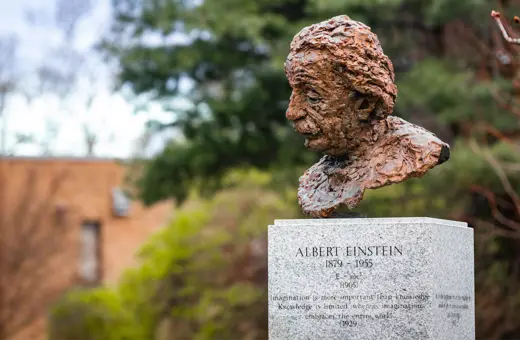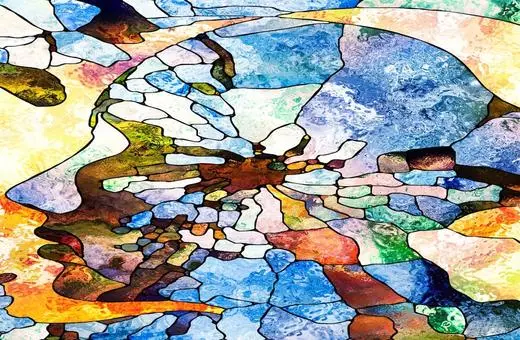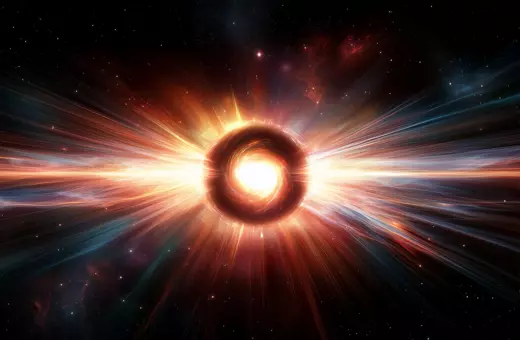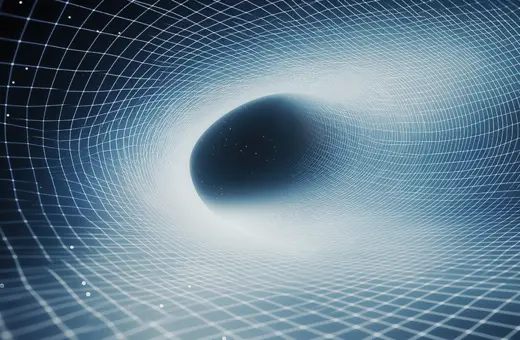We often think of the scientific revolution as having displaced a belief in magic, the supernatural, and the occult. But paying a closer look at premodern writings on magic, we find that they explicitly reject the supernatural. What is more, the key figures of the scientific revolution like Giordano Bruno, Francis Bacon, and even Isaac Newton, all believed in the occult. According to Newton, gravity required the supernatural. Even today, philosophers of science have a hard time demarcating science from pseudoscience or magic, argues Jason Ānanda Josephson Storm.
Sometime in the 15th century, a group of university students got together in the town of Oberdorf in Bavaria to do what students have done the world over: drink beer. After they had been at it for a while, they decided that whoever fetched the next round wouldn’t have to pay for it. One student went to get beer, but on opening the door, he saw an unusually dark fog and he refused to go out. Then, a foolhardy member of the group boasted, “Even if the Devil was present, I shall fetch the drinks.” To their consternation, those in attendance all saw the man borne aloft into the air, shouting as he was carried out the door by an invisible demon in the direction of further libations.
This event is recounted in the Malleus Maleficarum (The Hammer of Witches), a 1486 text so infamous that it has been described “the most significant ‘witchhunting’ guide published in early modern Europe” and as “without question the most important and sinister work on demonology ever written.” While its influence has probably been exaggerated, it contains a number of striking anecdotes (and a whole lot of misogyny). But from a contemporary vantage, one of the most remarkable things about the text is that it principally denied that witchcraft was supernatural or miraculous. According to the text:
The effects of witchcraft…are done through the power of some creature unknown to us, but they are not miracles, which are things done outside the order of the whole of created nature…. The magician, since he works through a pact entered into with the demon…works by means of the demon, who [operates] by his own natural power. (Part I, Question 5)
Witches were a real danger because they made deals with demons, but their powers were neither miraculous nor supernatural but came from the “natural” powers of those demons, whose capacities and limitations the text explored in great detail.
Science didn’t disenchant reality
This matters because one of the most familiar narratives of our age is one of disenchantment—that the rise of science meant the departure of the supernatural and the production of a new rationalistic world view incompatible with magic and spirits. I’ve elsewhere criticized disenchantment as a historical or sociological claim, but here I want to focus on the presumption that natural sciences automatically banish supernatural magic. The problem is that magical works, like the above, often rejected the supernatural while it was figures associated with the scientific revolution who described their projects in terms of magic, spirits, and sometimes cosmologies requiring the supernatural. So, it would seem that conventional accounts have it exactly backward: disenchanting occult texts were sometimes replaced by enchanting scientific ones. At the very least, it is difficult to sustain a clear line between premodern magic and modern science.





















Join the conversation